Tips For Potty Training Great Pyrenees
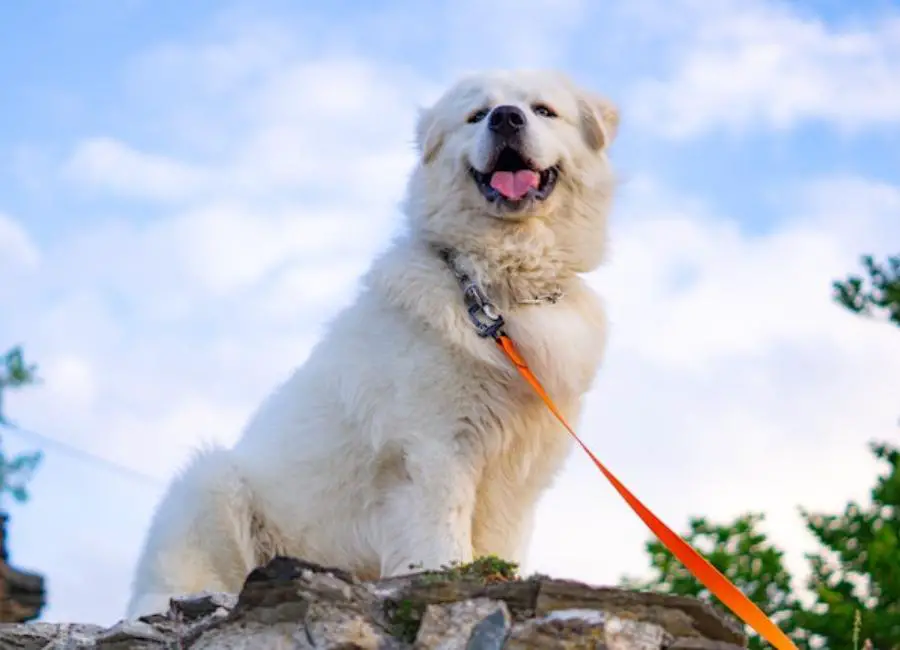
Potty training your Great Pyrenees can be a challenging but rewarding experience.
As a loving pet owner, you want to ensure that your furry friend is feeling comfortable, happy, and healthy in their daily routine.
In this blog post, we’ve gathered some tips and tricks to make potty training your Great Pyrenees a breeze.
Potty Training Great Pyrenees
Potty training a Great Pyrenees involves teaching the dog to eliminate outside and not inside the house.
It requires patience, persistence, and consistency.
Crate training is a helpful tool to expedite the process, especially when the puppy cannot be closely monitored.
The crate should only be large enough for the dog to lie down, and the puppy should be taken outside to the same spot every time it needs to eliminate.
Uttering a command like “potty” or “go” during the act can help the puppy associate the command with the act.
Benefits of Potty Training Great Pyrenees
The following are some common benefits of potty training your Great Pyrenees:
- Avoiding accidents indoors: Proper potty training can help prevent indoor accidents, which can be especially important if you have carpets or furniture that could be damaged by urine or feces.
- Creating a clean and hygienic environment: Potty training helps ensure that your dog eliminates waste in a designated area, rather than all over your house or yard, keeping your living space clean and hygienic.
- Building a stronger bond: By working together to train your dog to use the bathroom in a designated area, you can establish trust and build a stronger bond with your pet.
- Reducing stress: Potty training can be stressful for both you and your dog, but once your dog learns the routine, it can reduce stress for both of you.
- Promoting regular elimination: Consistent potty training can lead to regular elimination patterns, which can be beneficial for your dog’s health.
- Saving time and money: By avoiding indoor accidents, you can save time and money on cleaning up messes and replacing damaged furniture or flooring.
- Easier travel: If your dog is properly potty trained, it can make traveling with them much easier, as they will be more likely to eliminate waste in designated areas.
- Making your dog more adaptable: Potty training can make your dog more adaptable to new environments, as they will be more comfortable relieving themselves in a designated area.
- Establishing good habits: Properly potty training your dog can help establish good habits and behaviors, which can carry over into other areas of their training and behavior.
How to potty-train your Great Pyrenees dog
The following are some step-by-step guides to potty training your Great Pyrenees dog:
1. Establish a daily routine
Each dog’s toilet training process must include the establishment of a daily routine.
Dogs, like Great Pyrenees, thrive on routine. For feeding, playing, and bathroom breaks, establish a schedule.
After meals, during playing, and after they wake up from a nap, take your Great Pyrenees outside to relieve themselves.
When it comes to creating a routine, consistency is crucial. Your Great Pyrenees will soon learn when it’s time to use the restroom if you have a consistent routine each day.
2. Choose a designated potty spot
Choose a specific area in your yard for the bathroom. Take your Great Pyrenees to this location when you’re ready to let them go pee outside.
This will help them link this location to bathroom use.
Choose a location that is both simple to get to and far from the play areas where your Great Pyrenees enjoys spending time.
Steer clear of busy locations or areas where other dogs have used the restroom.
3. Use a leash to take your Great Pyrenees outside
Let your Great Pyrenees outside to use the restroom, but make sure you have a leash with you so they don’t become sidetracked and stray off.
When they need to go pee, keep them on a short leash and wait in one place. Wait till they have used the restroom before going anywhere with them.
Till they have used the restroom, refrain from strolling around with them.
This may divert them and make it more difficult for them to concentrate on using the restroom.
4. Use a command
Choose a command to use when you take your dog outside, such as “Go potty” or “Do your business.”
When you take your dog outdoors on a regular basis, regularly use this command, and your dog will gradually come to link it with going potty.
While issuing the directive, be careful to be enthusiastic.
5. Reward good behavior
Praise and treats should be given to your Great Pyrenees when they relieve themselves in the proper area.
They will be inspired to keep using the designated restroom and the behavior will be reinforced.
Give your Great Pyrenees a unique treat they enjoy right away after they finish using the restroom.
Your Great Pyrenees will learn to link using the restroom in the appropriate location with nice things thanks to this positive reinforcement.
6. Use a crate to confine your Great Pyrenees
When you can’t watch over your Great Pyrenees, keep them in a crate that is of their size.
A crate may be a useful aid in potty training because dogs often do not want to relieve themselves in their resting environment.
Make sure your Great Pyrenees can easily stand up, turn around, and lie down in the container.
Keep your Great Pyrenees from spending too much time in the crate.
For their size and age, they should be able to retain their bladder for the proper period of time.
7. Supervise your Great Pyrenees closely
While your Great Pyrenees are inside the home, keep a tight eye on them.
Keep an eye out for indications that they need to relieve themselves, such as sniffing or circling.
Take them outdoors to the designated bathroom as soon as you see these signs.
Use a crate to keep them contained if you are unable to watch over them.
8. Gradually increase freedom
You may gradually give your Great Pyrenees more freedom inside the home after they are consistently using the designated outside toilet and are no longer having accidents there.
As they get increasingly adept at using the restroom on their own, start by giving them access to one room and gradually expand the space.
Give them just enough independence to avoid accidents and setbacks in the toilet training process. Don’t offer them too much freedom too soon.
If your Great Pyrenees has an accident indoors, step back and give them less freedom until they are once again routinely using the outdoor restroom.
9. Be patient and consistent
Potty training requires persistence and time. It’s possible that your Great Pyrenees will have accidents within the house, but it’s important to stay patient and composed.
Don’t punish your Great Pyrenees when they make mistakes. As an alternative, tidy up the mess and get on with the instruction.
Punishing your Great Pyrenees can increase their fear and anxiety, which might result in more home accidents.
Learn more about keeping your Great Pyrenees busy.
Precautions to take when potty training Great Pyrenees
- Inconsistency: One of the biggest challenges of potty training is inconsistency. Dogs need to learn that there is a specific time and place to go to the bathroom. Establishing a consistent routine for feeding and taking your dog out for potty breaks can help to tackle inconsistency.
- Using punishment: Punishing your dog for accidents can actually make potty training more difficult. Dogs may become scared of their owners or, at worst, it may actually cause your dog to want to misbehave.
- Not enough outdoor time: Great Pyrenees are large dogs that require plenty of outdoor exercise. If they do not get adequate outdoor time, they may become restless and lose focus in their potty training.
- Not crate training: Crate training can be effective in reducing the number of accidents as it teaches dogs to keep their space clean. However, some owners may not give their dogs enough time outside of the crate, leading to accidents.
- Overfeeding: Overfeeding can lead to more frequent potty breaks, especially in young puppies, which may lead to more accidents.
- Not enough positive reinforcement: Positive reinforcement, such as treats or verbal praise, can be a powerful motivator for dogs to learn to use the designated potty area.
- Separation anxiety: Great Pyrenees with separation anxiety may struggle with potty training as they become upset when alone and may have accidents as a result.
- Not starting early enough: Starting your dog’s potty training too late can make it more difficult to teach them appropriate bathroom behaviors. It is important to start the training as soon as your dog becomes a member of your household.
Learn more about behavior concerns in Great Pyrenees.
Related questions
When should I start potty training my Great Pyrenees puppy?
It’s best to start potty training your Great Pyrenees puppy as soon as you bring them home, typically around 8 weeks of age.
Start by establishing a regular routine for feeding, watering, and outside breaks.
How often should I let my Great Pyrenees puppy outside to go potty?
Typically, you should take your Great Pyrenees puppy outside to go potty every 2-3 hours during the day, and once or twice during the night.
As they get older and can hold their bladder for longer periods, you can gradually increase the time between potty breaks.
Learn more about leaving your Great Pyrenees alone for too long.
What’s the best way to teach my Great Pyrenees puppy to go potty outside?
The best way to teach your Great Pyrenees puppy to go potty outside is through positive reinforcement.
Each time they go potty outside, reward them with praise and a treat.
Consistency and patience are keys in the potty training process.
Should I punish my Great Pyrenees puppy for accidents inside the house?
No, punishment is not an effective way to potty-train your Great Pyrenees puppy.
Instead, focus on positive reinforcement for going potty outside and cleaning up accidents inside promptly and without scolding.
How long does it take to fully potty-train a Great Pyrenees?
The length of time it takes to fully potty-train a Great Pyrenees can vary depending on the individual dog and your consistency with training.
It’s not uncommon for it to take several months to fully potty-train a puppy, but with patience and consistency, it will happen.
What if my Great Pyrenees is still having accidents inside the house after potty training?
If your Great Pyrenees is still having accidents inside the house after being fully potty-trained, it’s important to rule out any underlying medical issues that could be causing this behavior.
Additionally, it’s possible that your dog may need a refresher course in potty training or a change in routine to prevent accidents from happening.
Conclusion
Potty training a Great Pyrenees can be a challenging task, but with patience, consistency, and positive reinforcement, it is definitely achievable.
Remember to keep a close eye on your pup, establish a routine, and celebrate every success along the way.
With time and effort, your furry friend will be a potty-trained pro in no time!

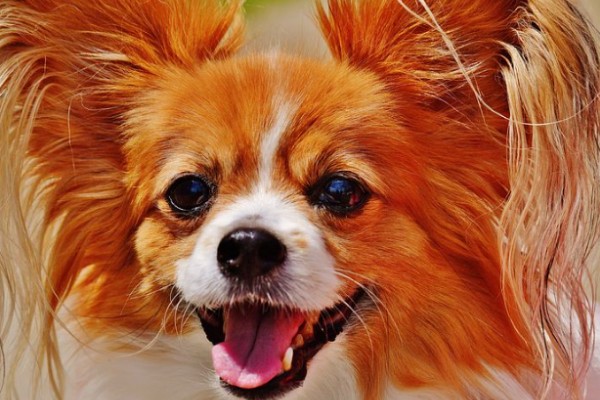
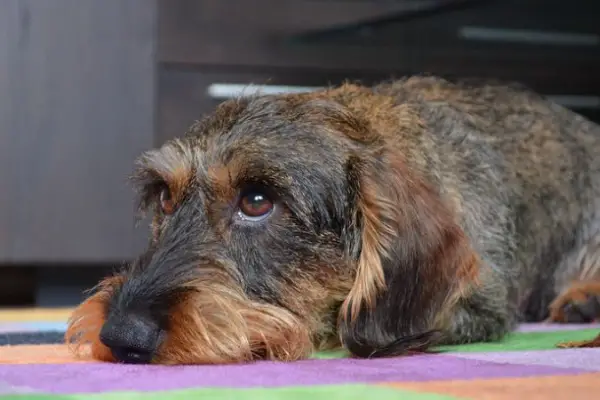
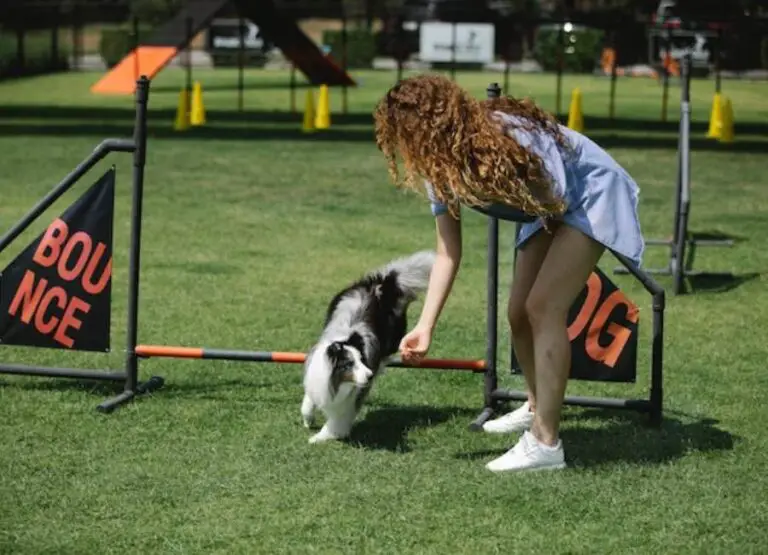
![Are Boston Terriers Aggressive [Useful Tips] Are Boston Terriers Aggressive](https://petcreeks.com/wp-content/uploads/2022/11/Are-Boston-Terriers-Aggressive-768x555.jpg)
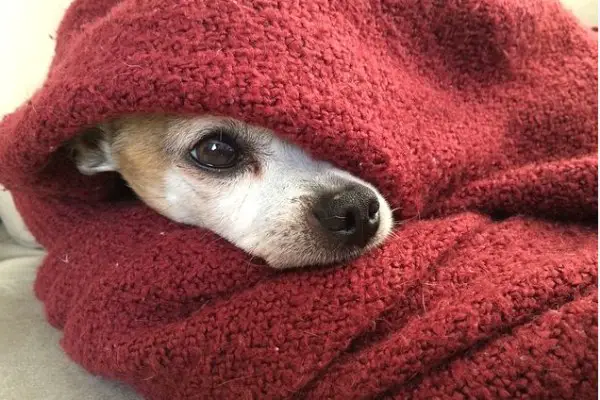
![How To Calm a Beagle Down [12 Interesting Hints] How To Calm a Beagle Down](https://petcreeks.com/wp-content/uploads/2023/05/How-To-Calm-a-Beagle-Down-768x555.jpg)